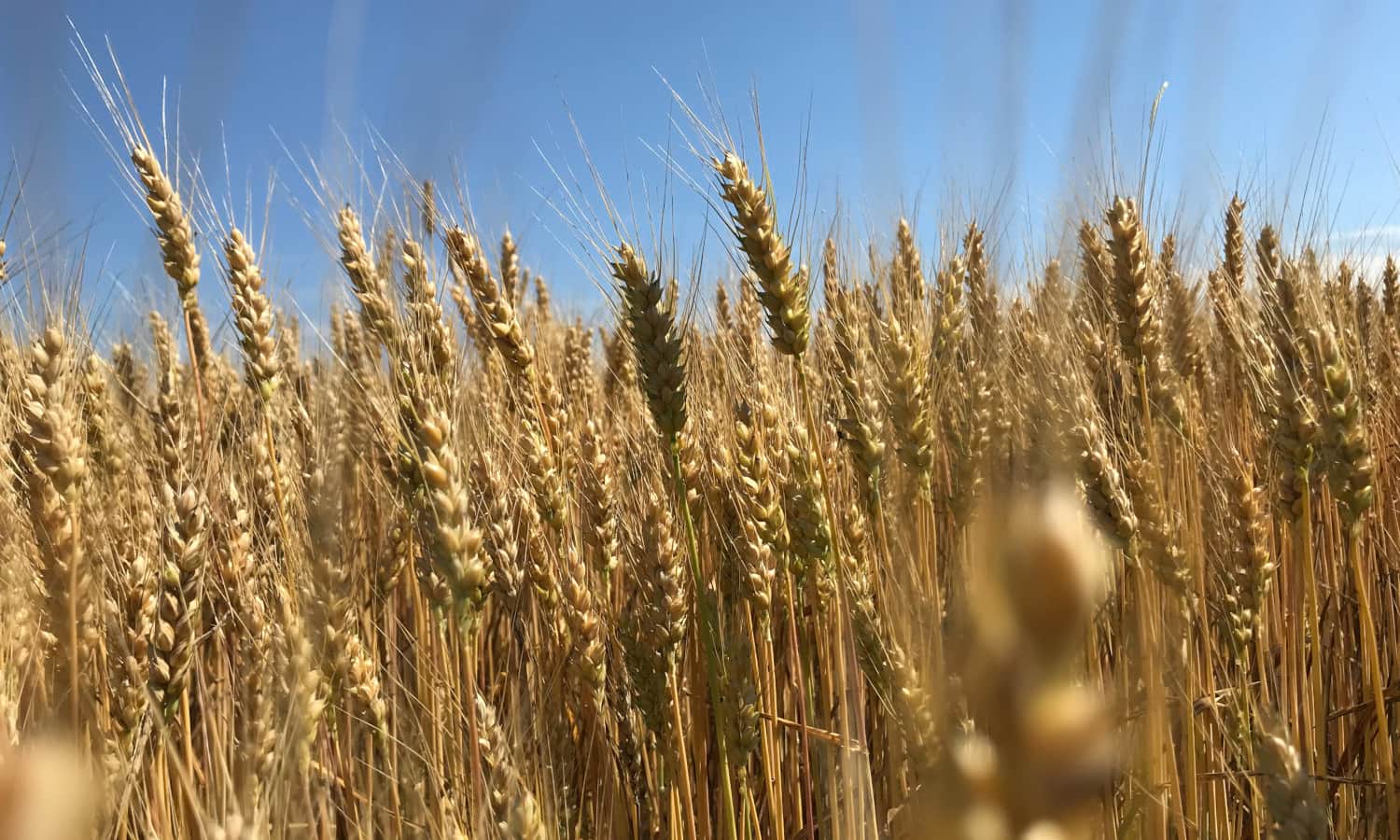
Organic Farming for Grains: A Sustainable Approach
Organic farming for grains is an innovative approach that aligns agricultural practices with ecological principles. This method focuses on growing grains without synthetic chemicals, fertilizers, or genetically modified organisms, prioritizing soil health, biodiversity, and environmental sustainability. As the demand for organic products continues to rise, understanding the principles and practices of organic farming for grains becomes increasingly important for both new and seasoned farmers.

The Foundations of Organic Farming for Grains
At the core of organic farming for grains is the commitment to enhancing soil health and fertility through natural means. Organic farming practices emphasize the use of organic matter, such as compost and green manure, to enrich the soil. These organic materials provide essential nutrients, improve soil structure, and promote beneficial microbial activity. By focusing on soil health, organic farming for grains helps ensure a robust growing environment for crops and reduces the need for synthetic inputs.
Soil Management Techniques
Effective soil management is crucial in organic farming for grains. Techniques such as crop rotation, cover cropping, and reduced tillage are essential for maintaining soil fertility and preventing erosion. Crop rotation involves alternating grain crops with legumes or other plant families to balance nutrient demands and disrupt pest and disease cycles. Cover crops, such as clover or rye, are grown between main crops to protect and enrich the soil, preventing erosion and adding organic matter. Reduced tillage minimizes soil disturbance, which helps preserve soil structure and moisture.
Pest and Weed Control
Managing pests and weeds organically requires a strategic approach. In organic farming for grains, integrated pest management (IPM) is often employed, combining various methods to control pest populations while minimizing harm to the environment. Beneficial insects, such as ladybugs and lacewings, are encouraged to prey on harmful pests. Physical barriers, such as row covers, can protect crops from insect damage. For weed control, techniques such as mechanical weeding, mulching, and using cover crops can effectively manage weed growth without resorting to synthetic herbicides.
Fertilization Strategies
In organic farming for grains, fertilization is achieved using natural and sustainable methods. Organic fertilizers, such as compost, animal manures, and plant-based amendments, provide essential nutrients without the environmental impact of synthetic fertilizers. Compost improves soil structure and provides a balanced nutrient profile, while animal manures supply additional nutrients and organic matter. Plant-based amendments, such as seaweed or fish emulsion, offer specific nutrients and enhance soil fertility. These natural fertilizers support healthy grain growth and contribute to a sustainable farming system.
Water Management
Effective water management is vital in organic farming for grains, especially in regions with variable rainfall. Techniques such as drip irrigation and rainwater harvesting can optimize water use and reduce waste. Drip irrigation delivers water directly to the plant roots, minimizing evaporation and runoff. Rainwater harvesting systems collect and store rainwater for irrigation, reducing reliance on municipal water supplies. Mulching around plants helps retain soil moisture and reduce the frequency of watering.
Benefits of Organic Farming for Grains
Organic farming for grains offers numerous benefits beyond environmental sustainability. Grains produced through organic methods are free from synthetic chemicals, providing a healthier option for consumers. Additionally, organic farming practices contribute to biodiversity by creating habitats for beneficial organisms and preserving natural ecosystems. Soil health is improved through organic methods, leading to increased resilience against erosion and nutrient depletion. Overall, organic farming for grains supports a more sustainable and eco-friendly agricultural system.
Challenges and Considerations
While organic farming for grains has many advantages, it also presents challenges. Organic methods may require more labor and management compared to conventional farming, particularly in pest and weed control. Organic farmers must stay vigilant and adapt their practices to address emerging issues and maintain soil health. Certification and compliance with organic standards can also involve additional paperwork and costs. However, the long-term benefits of organic farming, including improved soil health and environmental sustainability, often outweigh these challenges.
Adopting Organic Farming for Grains
For those interested in adopting organic farming for grains, starting with a small scale can be a practical approach. Begin by selecting a few grain varieties suited to your climate and soil conditions. Implement basic organic practices, such as using compost and practicing crop rotation, and gradually expand as you gain experience. Engage with local organic farming communities, attend workshops, and seek advice from experienced organic farmers to enhance your knowledge and skills.
Conclusion
Organic farming for grains represents a sustainable and health-conscious approach to agriculture. By focusing on soil health, using natural pest and weed control methods, and employing effective water management practices, organic farming can produce high-quality grains while preserving the environment. Despite the challenges, the benefits of organic farming for grains, including enhanced soil fertility, reduced environmental impact, and healthier food options, make it a valuable choice for modern agriculture. Embracing organic farming practices supports a more sustainable future and contributes to a healthier planet.









